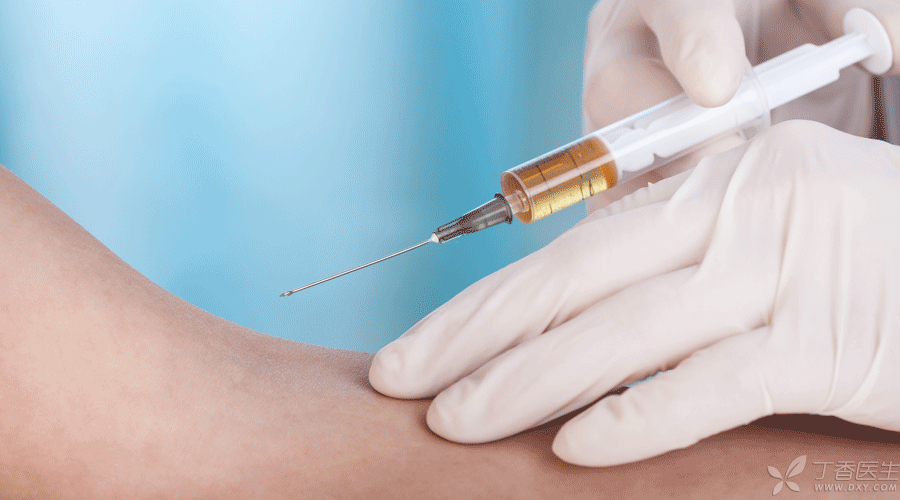
At work, many patients always come to ask me:
I didn’t seem to be very nervous or scared before the injection or blood drawing, but when the needle was inserted or the blood was seen, my eyes were dark and even fainted! What the hell is going on here?
This kind of situation is what we often call needle sickness or blood sickness.
Why do you feel dizzy with needles and blood?
The occurrence of needle sickness is affected by many factors, such as fear of pain during injection, whether physical conditions can withstand relevant treatment, whether psychological quality is good or not, whether standing, sitting or lying at that time, etc.
Blood dizziness is similar to fear of seeing snakes, spiders, strangers and the opposite sex. It is a psychological problem. It is different from carsickness and seasickness, which is a physiological problem of inner ear balance organs.
The occurrence of needle sickness and blood sickness is due to the overactive vasovagal nerve reaction, which leads to slow heart rate, lower blood pressure, weak pulse, and even sudden unconsciousness and direct fainting.
Needle sickness, blood sickness, what performance?
Generally, before needle sickness and blood sickness occur, the body will have some hints, such as dizziness, palpitation and nausea, limb weakness, sweating, etc. If you have these feelings, you must realize that you may be dizzy…
When it really happens, it will basically faint instantly. In a short period of time, it will cause unconsciousness, pale face, cold limbs, lower blood pressure, slower heart rate, weak pulse, etc. In serious cases, it will even cause convulsions. However, people with less serious situations will only feel flustered and sweating.
Under normal circumstances, needle sickness or blood sickness will last for 3-5 minutes, then people will slowly regain consciousness, arms and legs will begin to warm, face will become ruddy, heart rate and blood pressure will return to normal, but they will still feel weak all over.
Can needle sickness and blood sickness be prevented?
Yes! In order to avoid the embarrassment of needle sickness or blood sickness, we can do the following prevention work well in advance:
1. If conditions permit, do not carry out relevant treatment when you are hungry, tired and nervous;
2. Before receiving treatment, take the initiative to tell the medical staff whether they have a history of needle sickness and blood sickness, whether they have a history of erect hypotension or neurosis;
3. In the process of treatment, distract your attention, chat with nurses or accompanying people more, relax as much as possible, and adjust by deep breathing when there are signs.
4. Before injection or blood drawing, you can choose to lie down half or directly, which is conducive to relaxing the muscles of the whole body, and you can also lie down in time when needle sickness or blood sickness occurs.
5. Don’t get up immediately after the injection or blood withdrawal, so as not to faint and fall, sit quietly or lie down for a while, and drink warm boiled water or sugar water.
6. Take warm water or sugar water with you, and drink a few when there are signs or discomfort.
What should I do if there is needle sickness and blood sickness?
Generally, needle sickness or blood sickness occurs when the patient is receiving treatment in the hospital, so when an accident occurs, there will basically be medical staff to help deal with it and there is no need to worry too much.
1. Stop treatment immediately;
2. Lie down in a place with air circulation and raise your legs above the heart level. If conditions permit, you can also directly inhale oxygen.
3. Keep warm properly;
4. Drug rescue treatment is required when necessary.
If dizzy blood occurs in a non-hospital environment, the above methods can also be used to reduce it and drink some warm water. If the situation does not improve within 3-5 minutes, it is recommended to go to the hospital for treatment.
